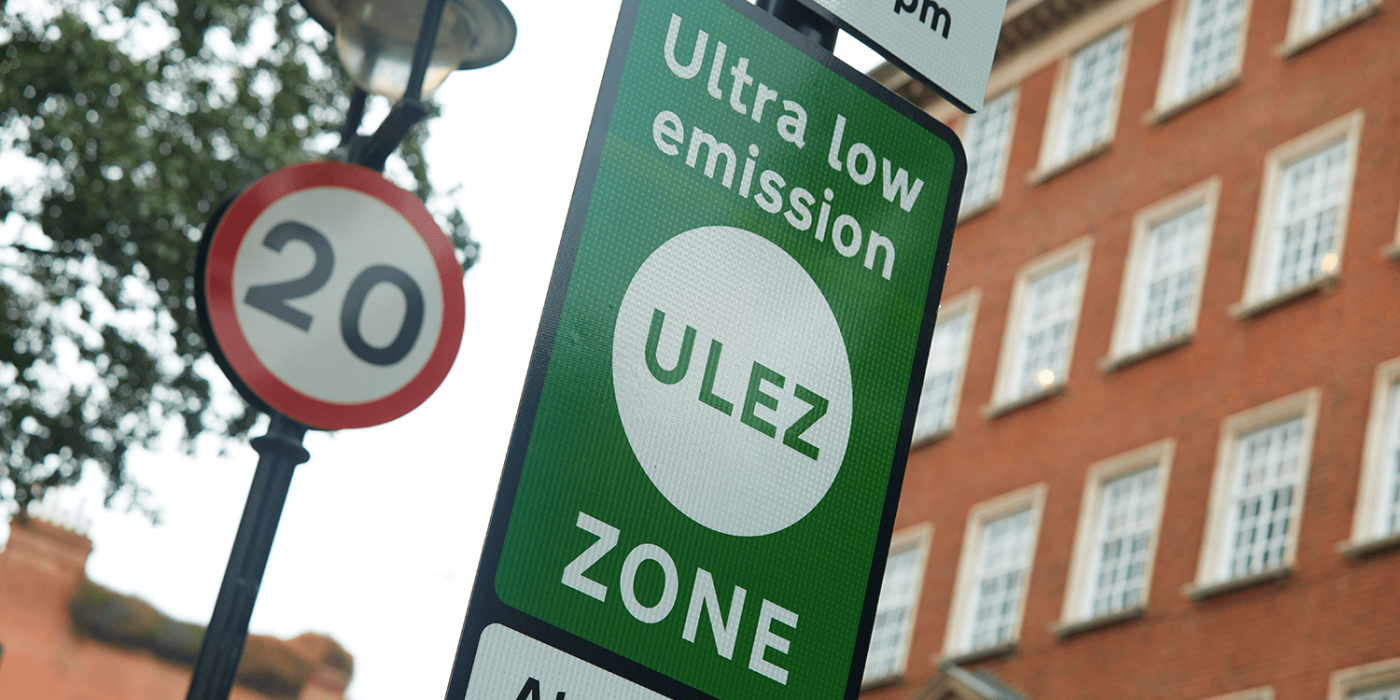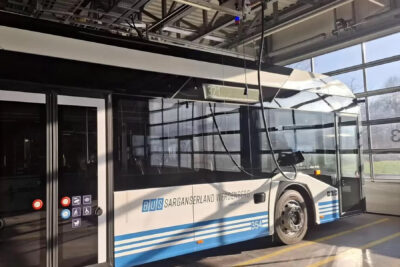London significantly extends ULEZ zone
The London Metropolitan Government has extended the Ultra Low Emission Zone (ULEZ) to the northern and southern parts of the ring road. The expanded ULEZ is now 18 times the size of the original zone in central London.
Announced back in June 2018 – for 2021 – the expansion to these exact dimensions means the ULEZ now covers the urban area of Tottenham in the north and Brixton in the south of the UK capital. A statement from Mayor Sadiq Khan’s office said that at 380 square kilometres, the zone now covers around a quarter of London’s urban area, with 3.8 million people living within it.
The Ultra Low Emission Zone is not a Zero Emission Zone, so internal combustion vehicles will still be allowed to drive in this area – under certain conditions. Petrol cars from the Euro4 emission standard introduced in 2005 and diesel cars from Euro6 introduced in 2015 are not affected, nor are electric cars. Older vehicles must pay 12.50 pounds (about 14.80 euros) per day to enter the zone – violators face fines of up to 160 pounds (190 euros).
According to Mayor Khan, a lot of citizens have already made preparations: 87 per cent of cars entering the ULEZ zone now comply, compared to only 39 per cent when it was first announced in 2017. “In central London, the ULEZ has already helped cut toxic roadside nitrogen dioxide pollution by nearly half and led to reductions that are five times greater than the national average,” Khan said.
At the same time as the ULEZ is being extended in London, the rules for the Congestion Charge in the UK capital are being tightened. Plug-in hybrids will no longer be exempt from the congestion charge, now only purely battery-electric and fuel cell vehicles are exempt. The Congestion Charge is levied all year round (with the exception of Christmas Day) between 7am and 10pm in addition to the ULEZ charge. This is currently £15 (€17.80). BEVs and FCEVs are currently exempt from the Congestion Charge until 25 December 2025.
A representative of the Greater London Authority stated in advance of the measure, according to British media, that they would end the PHEV exemption “in recognition of this point that vehicles (regardless of emissions) contribute to congestion and we want to encourage a shift to walking, cycling and public transport”. Abolishing the 100 per cent discount for BEVs and FCEVs as well (which would be logical given the reasoning) was apparently not politically acceptable.
reuters.com, london.gov.uk (both ULEZ), fleetnews.co.uk, msn.com (both Congestion Charge)





0 Comments